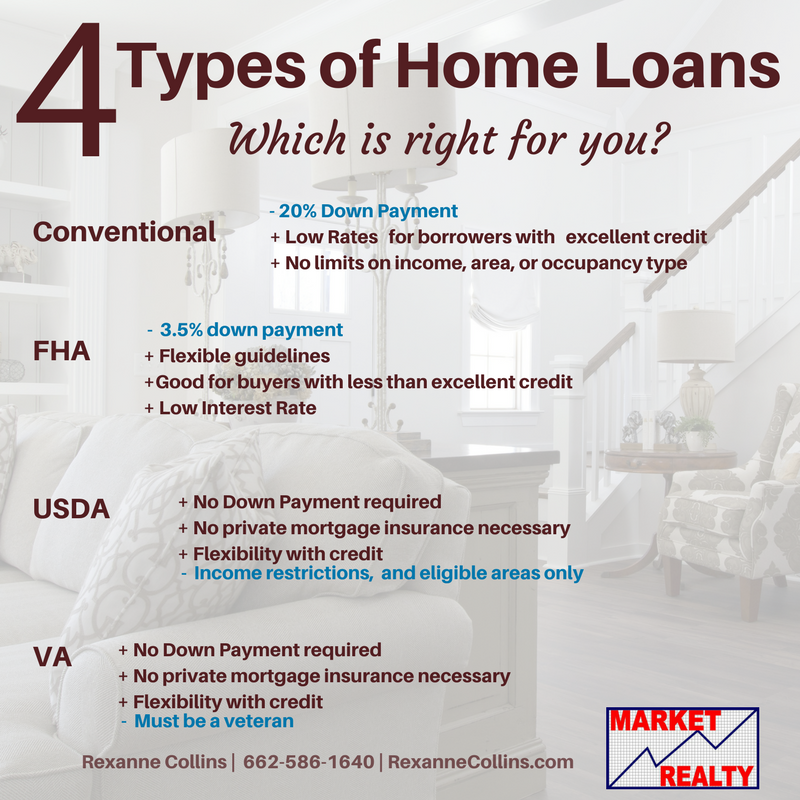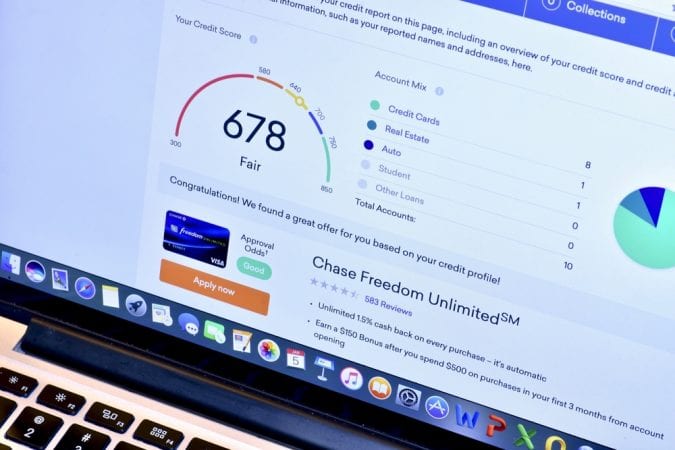Nevertheless, your beneficiaries do have a couple of options. They can pay off the debt you owe by acquiring the home for the amount owed or for 95% of the assessed value whichever is less. This can be done by paying on their own or refinancing the loan into a routine home mortgage. how do jumbo mortgages work.
If the home costs more than it deserves, they can keep the remaining money. If it costs less than what's owed, they will not have to pay the difference. Finally, they can allow the home to enter into foreclosure. The decision your heirs make will normally depend on how much equity is in the house.
A reverse home loan is a home mortgage that you do not need to repay for as long as you live in your home. It can be paid to you in one swelling amount, as a regular monthly earnings, or at the times and in the amounts you want. The loan and interest are paid back just when you offer your home, permanently move away, or pass away.
They are paid back in complete when the last living customer dies, offers the house, or permanently moves away. Because you make no month-to-month payments, the amount you owe grows larger over time. By law, you can never ever owe more than your house's worth at the time the loan is paid back.
If you stop working to pay these, the lending institution can use the loan to make payments or need you to pay the loan completely. All property owners should be at least 62 years of ages. At least one owner must live in your house most of the year. Single family, one-unit residence.
Some condos, prepared unit advancements or produced houses. KEEP IN MIND: Cooperatives and the majority of mobile homes are not qualified. Reverse home loans can be paid to you: All https://writeablog.net/iortustgee/this-kind-of-home-loan-is-ideal-for-people-who-have-bad-credit-or-who-do-not at when in cash As a month-to-month income As a credit limit that lets you decide how much you desire and when In any mix of the above The amount you get usually depends upon your age, your home's value and location, and the expense of the loan.
Most individuals get the most cash from the Home Equity Conversion Mortgage (HECM), a federally insured program. Loans offered by some states and city governments are frequently for specific purposes, such as spending for house repairs or property taxes. These are the lowest cost reverse home mortgages. Loans offered by some banks and home mortgage business can be utilized for any purpose.
Examine This Report about How Does Noi Work With Mortgages
HECM loans are practically always the least pricey reverse home mortgage you can receive from a bank or home loan business, and oftentimes are substantially less pricey than other reverse mortgages. Reverse home loans are most costly in the early years of the loan and generally end up being less expensive with time.
The federal government needs you to see a federally-approved reverse mortgage counselor as part of getting a HECM reverse home loan. For more details about Reverse Home loans, go to AARP: Understanding Reverse Home Mortgages. how do mortgages work in the us.

Marketer Disclosure Lots Of or all of the items included here are from our partners who compensate us. This may affect which items we discuss and where and how the product appears on a page. Nevertheless, this does not affect our evaluations. Our opinions are our own. After retirement, without routine earnings, you might sometimes battle with finances.
A reverse home loan is a home mortgage that allows homeowners 62 and older to withdraw some of their house equity and convert it into cash. You don't have to pay taxes on the proceeds or make monthly home mortgage payments. You can utilize reverse home loan profits however you like (how do mortgages work in the us). They're typically earmarked for costs such as: Debt combination Living costs Home improvements Helping kids with college Purchasing another home that may much better fulfill your needs as you age A reverse home loan is the opposite of a conventional home loan; instead of paying a lending institution a monthly payment each month, the lender pays you.

The amount you receive in a reverse mortgage is based upon a sliding scale of life span. The older you are, the more home equity you can pull out. The Federal Housing Administration insures two reverse mortgage types: adjustable-rate and a fixed-rate. Fixed-rate reverse home loans include a one-time lump sum payment.
Adjustables have 5 payment options: Set monthly payments so long as you or your qualified partner remain in the house Set regular monthly payments for a fixed period Unspecified payments when you need them, up until you've exhausted your funds A line of credit and set regular monthly payments for as long as you or your eligible spouse live in the house A line of credit and set month-to-month payments for a fixed duration of your choosing To look for a reverse home loan, you need to meet the following FHA requirements: You're 62 or older You and/or an eligible spouse who must be named as such on the loan even if she or he is not a co-borrower reside in the house as your main home You have no delinquent federal debts You own your house outright or have a considerable amount of equity in it You participate in the compulsory counseling session with a house equity conversion home loans (HECM) counselor approved by the Department of Real Estate and Urban Advancement Your home meets all FHA property requirements and flood requirements You continue paying all residential or commercial property taxes, house owners insurance coverage and other home upkeep charges as long as you reside in the home Before issuing a reverse mortgage, a lending institution will check your credit rating, confirm your monthly income versus your monthly monetary responsibilities and purchase an appraisal on your home.
Almost all reverse home loans are issued as home equity conversion mortgages (HECMs), which are insured by the Federal Real Estate Administration. HECMs feature rigid loaning standards and a loan limitation. If you believe a reverse home loan might be best for you, discover an HECM therapist or call 800-569-4287 toll-free to find out more about this funding option.
Not known Incorrect Statements About How Do Mortgages Work For Fresh Credit Lines
A reverse home mortgage is a house loan made by a home mortgage lender to a property owner using the home as security or security. Which is considerably different than with a conventional home mortgage, where the homeowner uses their income to pay for the debt in time. Nevertheless, with a reverse home mortgage, the loan amount (loan balance) grows over time because the house owner is not making regular monthly home mortgage payments.
The amount of equity you can access with a reverse home loan is figured out by the age of the youngest debtor, current rate of interest, and worth of the home in question. Please keep in mind that you might need to set aside extra funds from the loan proceeds to spend for taxes and insurance coverage.
They would like to redesign their cooking area. They have actually become aware of reverse home mortgage loans but didn't understand the details. They choose to call a reverse home mortgage loan consultant to discuss their existing requirements and future objectives if they might access to a part of the funds saved in their home's equity.